Borrowing from a Credit Union
I often encounter people who rave about their credit union. Credit unions can be a great place to borrow from as they often offer lower interest rates and fees, borrowers can have a higher chance of approval, and credit unions typically are community oriented. However, when borrowing from a credit union, you should be aware of two crucial terms: “cross-collateralization” and the “right of set-off”. These terms can significantly affect borrowers’ financial situations. So what are these standard contractual terms of borrowing from a credit union?
Cross-collateralization refers to a practice to secure multiple debts or obligations with a single asset or a group of assets. In simple terms, when you take out a loan and use an asset, such as your home or car, as collateral, the lender may use that same asset to secure other loans you have with them, even if they are unrelated. This can have significant implications for borrowers, as it puts multiple loans at risk if they default on any one of them.
The right of set-off is a legal principle that enables financial institutions to seize funds from a borrower’s account to offset a debt owed to the same institution. In other words, if you have a loan and a savings account or other deposits with the same bank, and you default on your loan, the bank can use the funds in your account to satisfy the outstanding debt.
The right of set-off is included in credit union loan agreements and is another reason why cross-collateralization can be concerning for borrowers. If you have multiple loans with a lender and one loan goes into default, the right of set-off allows the lender to use any funds you have in your accounts to cover the defaulted loan, potentially leaving you with little to no access to your own money.
Some other concerns are:
- Cross-collateralization can restrict your ability to sell or refinance a particular asset used as collateral since it secures multiple loans. This lack of flexibility can be a significant drawback if you need to access the equity in that asset or want to change your loan terms.
- With cross-collateralization and the right of set-off, defaulting on even a single loan can have severe consequences. If you fall behind on payments for one loan, the lender can potentially go after all your collateralized assets, leading to a higher risk of losing valuable possessions.
- The right of set-off means you may lose control over the funds in your bank account if you face financial difficulties. This could further exacerbate your financial situation, leaving you with little recourse to get back on track.
As example, imagine you have a mortgage and a car loan with a credit union, as well as a checking and share account. If you fail to make payments on your car loan, the bank can enforce it’s right of set-off and take the missing payments directly from your checking or share account. This could then mean you don’t have the funds to pay your utility bills. Then, not only can the credit union take the funds from your accounts, they can then repossess your car if the funds taken weren’t enough to bring the loan current. After repossession and sale of the car, any remaining unpaid balance on the car then becomes a lien on your home (the collateral for the mortgage loan). Cross-collateralization can create a web of interconnected liabilities, making it essential for borrowers to be cautious when agreeing to such terms.
These terms can pose significant risks and limitations for borrowers. It’s essential to carefully review the terms and conditions of any loan and seek legal advice if necessary to protect your financial interests. Being aware of these concepts empowers borrowers to make informed decisions and maintain control over their financial well-being.
